I argue: Adverbs are naughty, sneaky miscreants and should be outlawed for obstructing our English language. They should not have been allowed in our lexicon in the first place. Naughty adverbs occupy limited space, waste valuable resources and detract from communication. Sneaky adverbs mimic different word classes, requiring surveillance to detect imposters. Adverbs ending in -ly should be imprisoned, without parole, prohibiting those common criminals from cluttering our poetry and prose.
My opponent argues: Grammar comprises the entire system of rules for language, including syntax. Syntax deals with the way that words are put together to form phrases, clauses, and sentences. [Source: prowritingaid.com] Use adverbs when they help your reader understand more than they would have without them. A well-placed adverb or adverbial phrase will help you keep your prose leaner because it will nudge a reader towards imagining the action, the mood of the characters, and what their intentions are. [Source: enago.com]
I argue: Use descriptive adjectives and crisp verbs to communicate with impact and brevity.
My opponent argues: In general, adverbs provide more information that answers questions such as When?, Where?, How?, and Why? [Source: thesaurus.com]
I argue: The sentence, “Meet me on Tuesday at Bob’s Grill by train for lunch” answers the four questions to identify an adverb without utilizing adverbs.
My opponent argues: Adverbs are easily differentiated from other word classes. An adverb is a part of speech that modifies another adverb, a verb, or an adjective. [Source: niu.edu>writingtutorial>grammar] An adverb that modifies an adjective or adverb usually goes before that adjective or adverb. [Source: englishgrammar101.com]
I argue: Sneaky adverbs are difficult to discern. Identical words act as nouns, adjectives, verbs, adverbs (fast, better, best, clear) and prepositions (down, out).
My opponent argues: While it is true that identical words can be used as nouns, adjectives, verbs, adverbs, and prepositions, each is identifiable by their placement in sentences, clauses, and phrases. Adverbs and adjectives have similar functions, so they are easy to confuse. However, both of these types of words modify other words and help with describing or identifying. [Source: prowritingaid.com]
I argue: Sneaky adverbs lack uniformity causing identification problems (almost, ever, too, hopefully).
My opponent argues: A flat adverb, bare adverb, or simple adverb is an adverb that has the same form as the corresponding adjective (walk slow, move fast), so it usually does not end in –ly. [Source: wikipedia.org] But many adverbs are formed from adjectives and end in –ly. [Source: languagecouncils.sg]
I argue: There are over one hundred words ending in -ly that are not adverbs but are descriptive adjectives. Adverbs ending in -ly are overused embellishments and should be replaced with stronger adjectives or verbs. Five adverbs (very, truly, really, actually, extremely) weaken writing and should be eradicated from our prose and poetry. Nobel Prize author Ernest Hemingway used 76 –ly adverbs per 10,000 words, fewer than most known authors.
My opponent argues: All adverbs serve a purpose when used properly. Follow the rules listed above for adverbs.
I argue: Naughty adverbs mar our writing, obscure pithiness, and should be obliterated from our English grammar.
My opponent proffers a compromise: As a general rule, writers should use no more than one adverb per 300 words. And further, it is not necessary to remove every adverb, but limiting them will help strengthen your writing. [Source: prowritingaid.com/grammar]
I respond: Perhaps my argument against naughty adverbs appears severe. Therefore, I agree with my opponent’s compromise to limit the use of adverbs rather than expunging them.
And I promise not to make a verbosely, hugely, largely, bigly deal out of this subject ever again!
Photo by Surendran MP on Unsplash









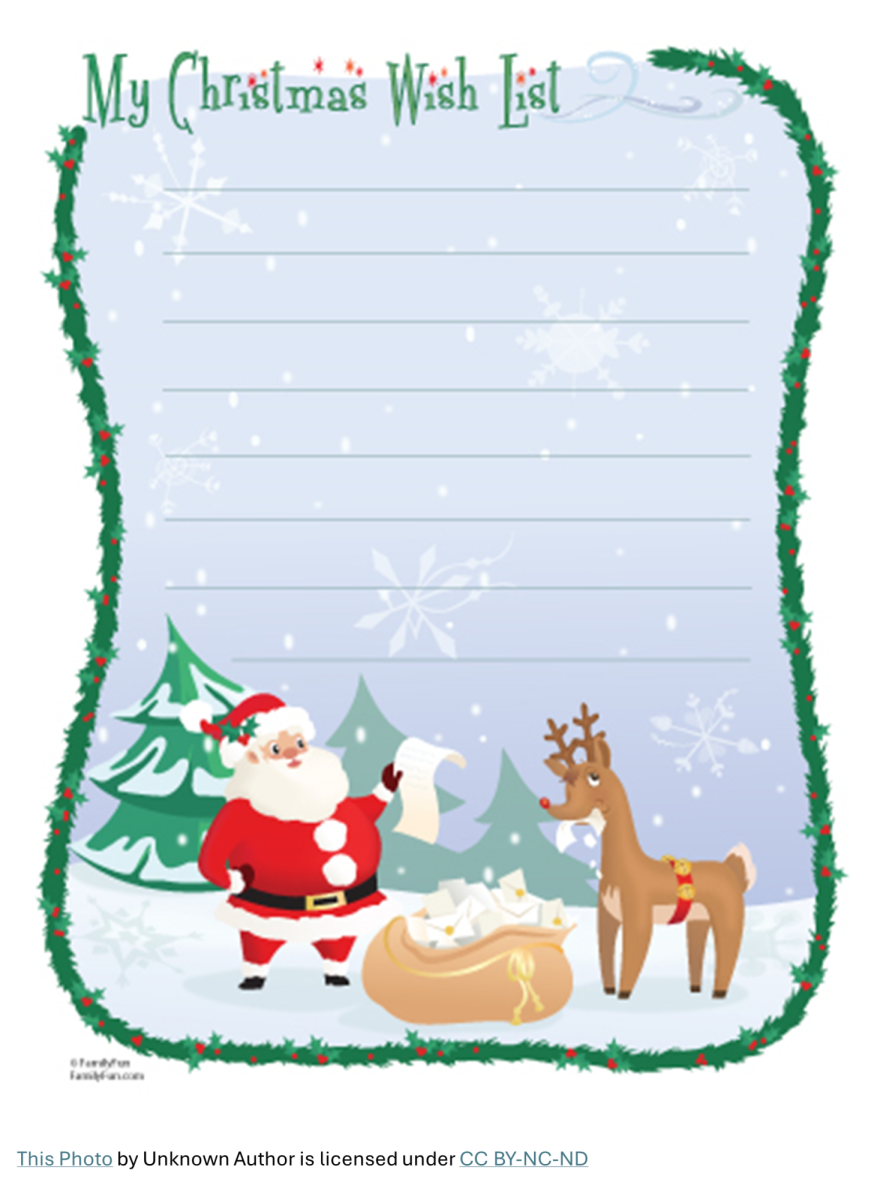



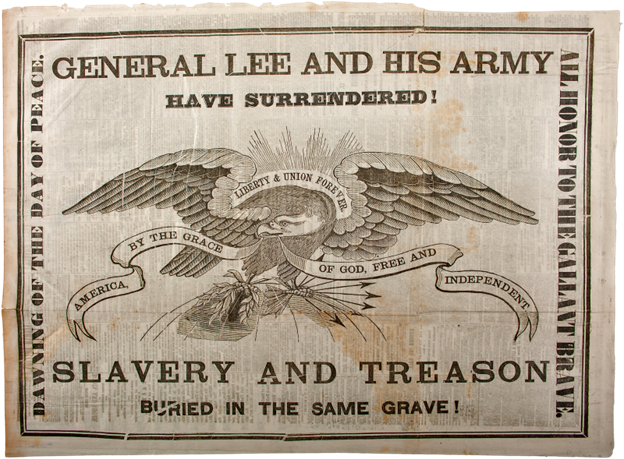


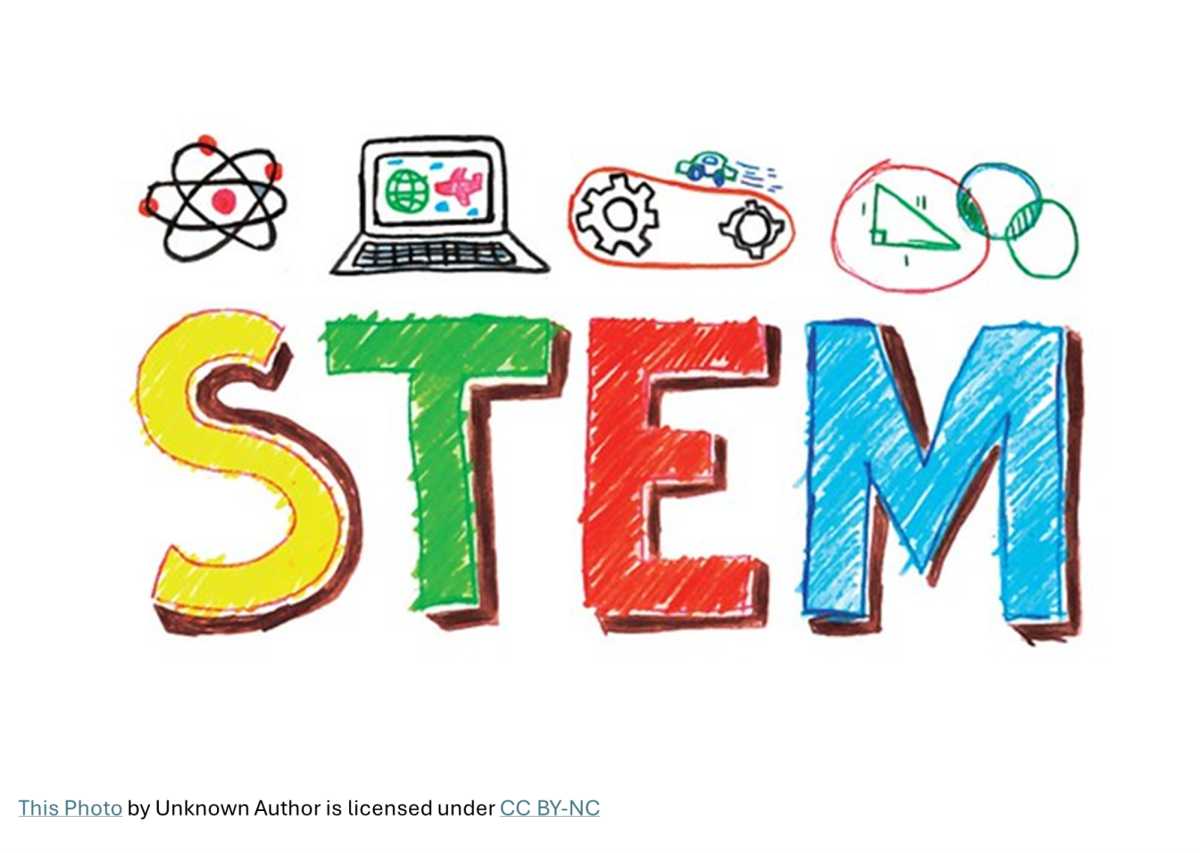
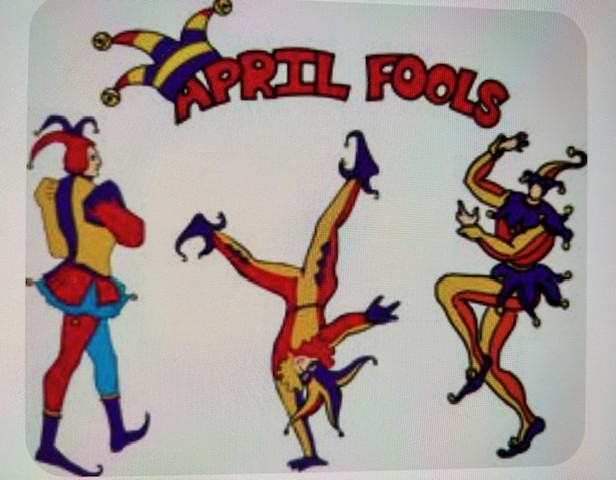
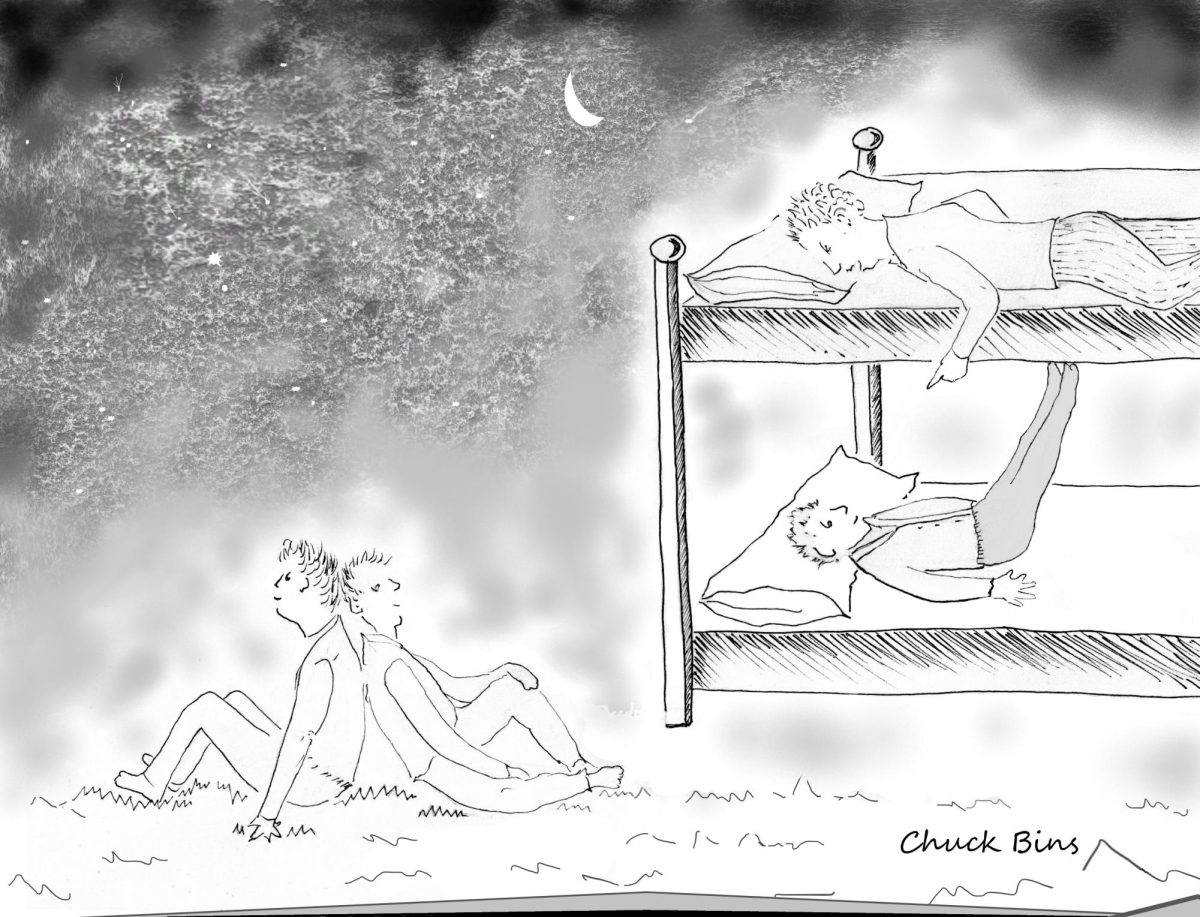

Charles Bins • Sep 28, 2023 at 5:20 pm
Nancy,
I agree with you emphatically!
Except the part about the general rule. Adverbs should be expelled absolutely!
(Please be advised I am not committed to this opinion firmly.)
Nancy Bryans • Oct 5, 2023 at 11:51 am
Ha, Ha! Thank you Chuck. I’m really not either…